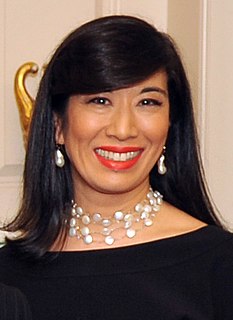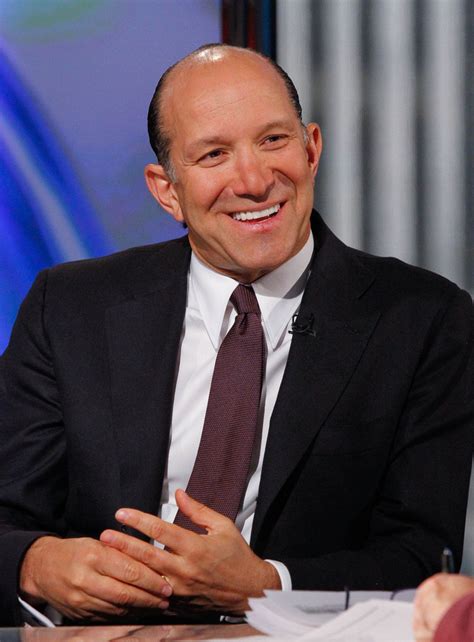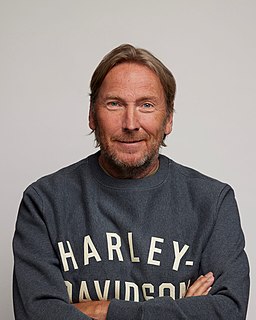A Quote by Clayton Christensen
In a large successful company where your power base as CEO isn't all that secure, it's hard for a CEO to pursue a truly disruptive strategy.
Quote Topics
Related Quotes
Somebody asked me 'what's the job of a CEO', and there's a number of things a CEO does. What you mostly do is articulate the vision, develop the strategy, and you gotta hire people to fit the culture. If you do those three things, you basically have a company. And that company will hopefully be successful, if you have the right vision, the right strategy, and good people.
Another thing I've observed is how critical the role of the CEO is when a technology truly is disruptive. In looking back on companies that have successfully launched independent disruptive business units, the CEO always had a foot in both camps. Never have they succeeded when they spin something off in order to get it off the CEO's agenda. The CEOs that did this had extraordinary personal self-confidence, and almost always they were the founders of the companies.
I argue that once it became clear that the most important function of the CEO was to develop and enact the corporate strategy, that often had the effect of distancing him from people below him in the organization. It also encouraged the idea that if a CEO were a great strategist for a company in one industry, he would probably be a great strategist in another industry. And that usually hasn't proved to be the case.
You don't think, when you start a company as the founding CEO, that if your venture actually works, you end up with three jobs: founder, CEO, and chair of the board. The first eight years at Bonobos, I have learned a lot about the tension between the first two. It didn't even occur to me that I had the third job until much later.


































